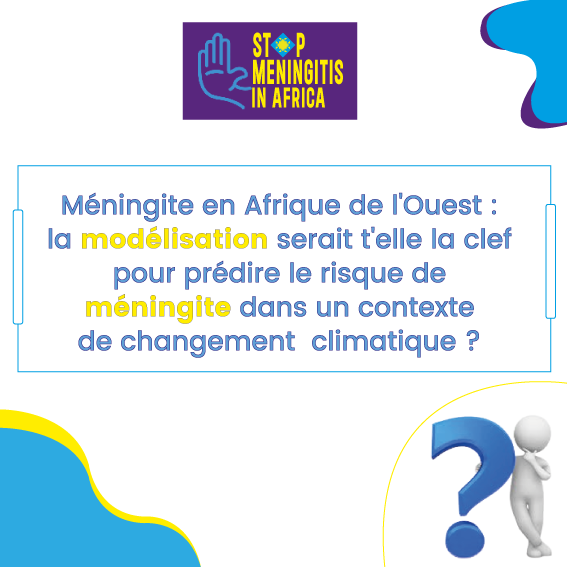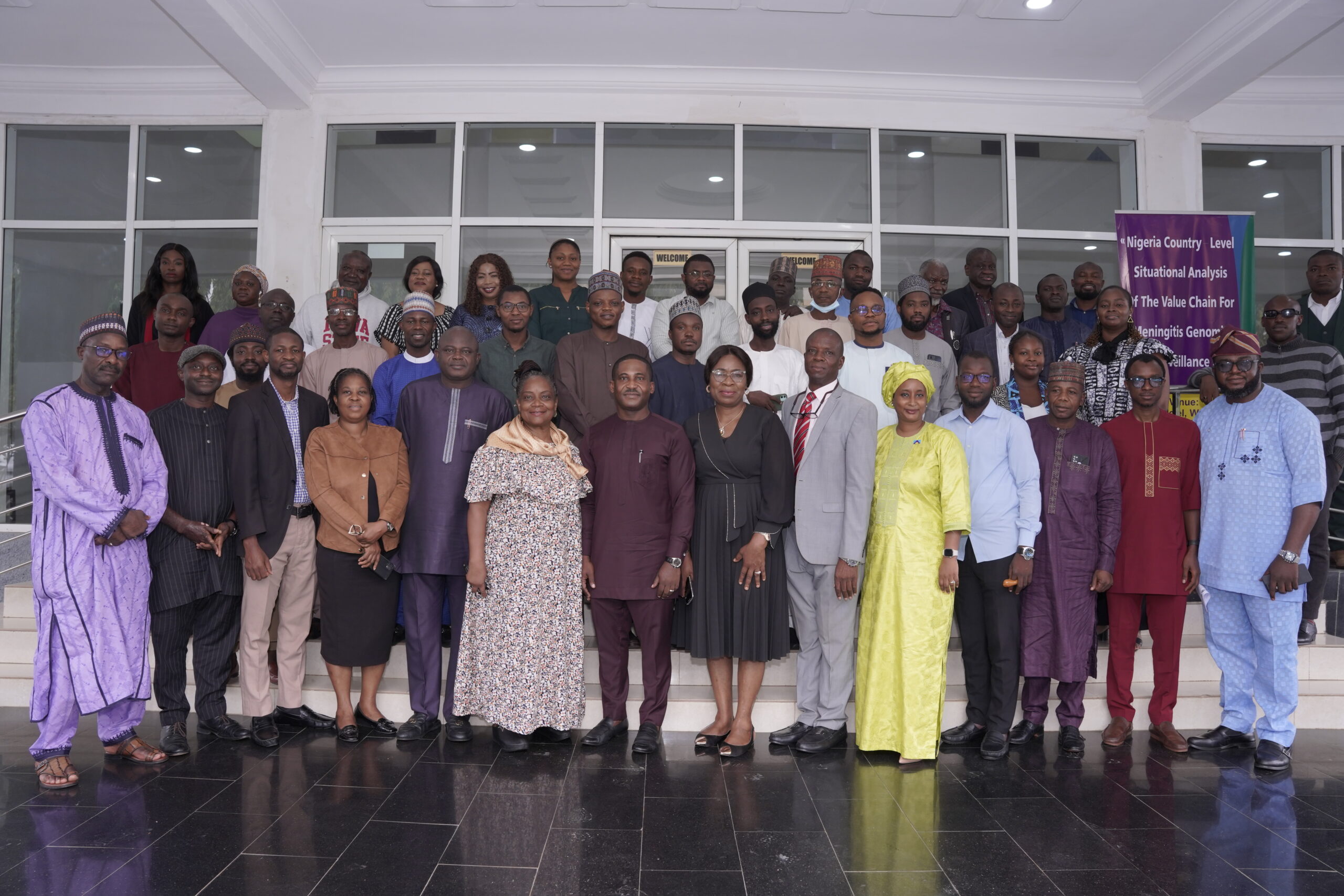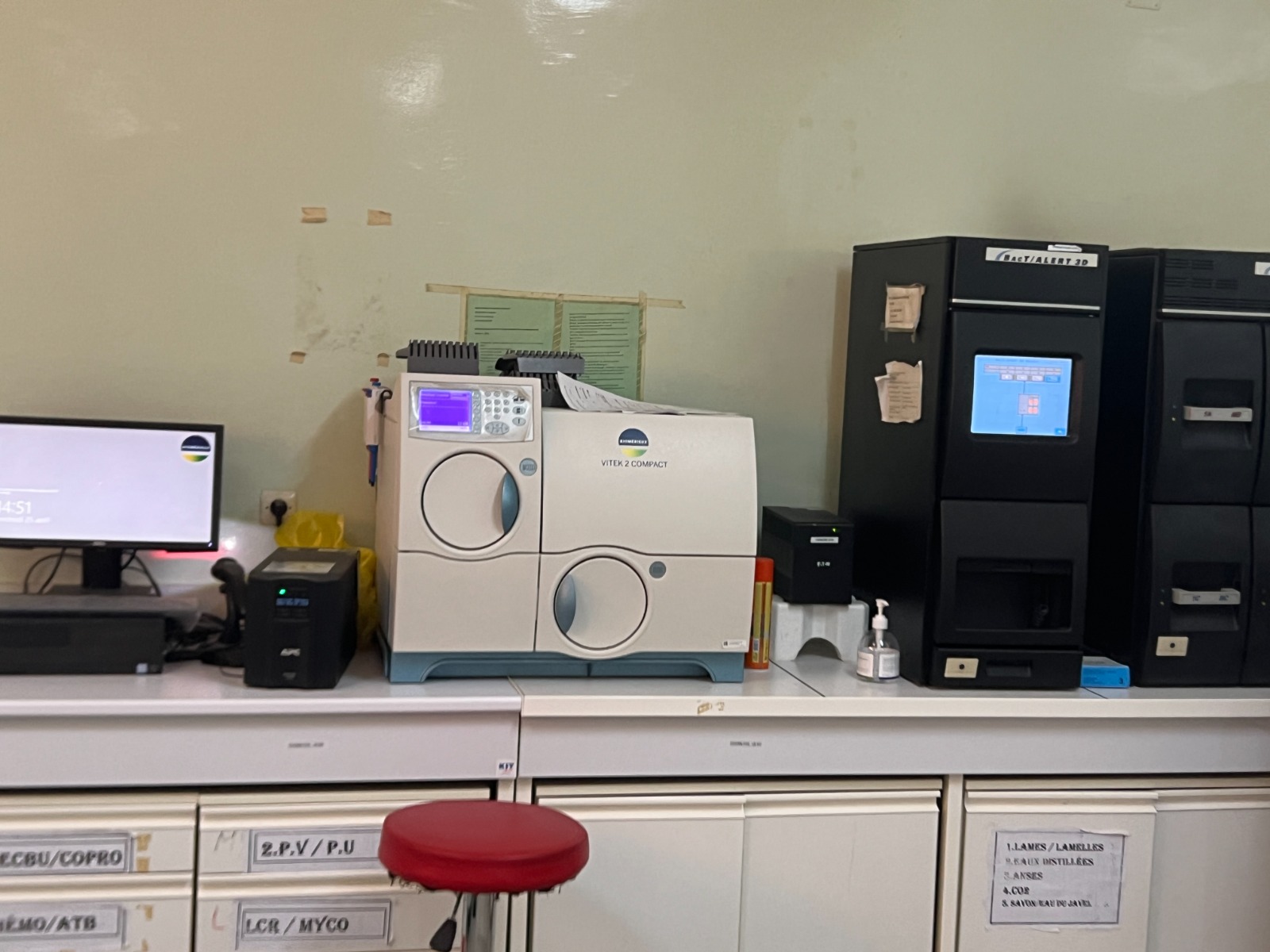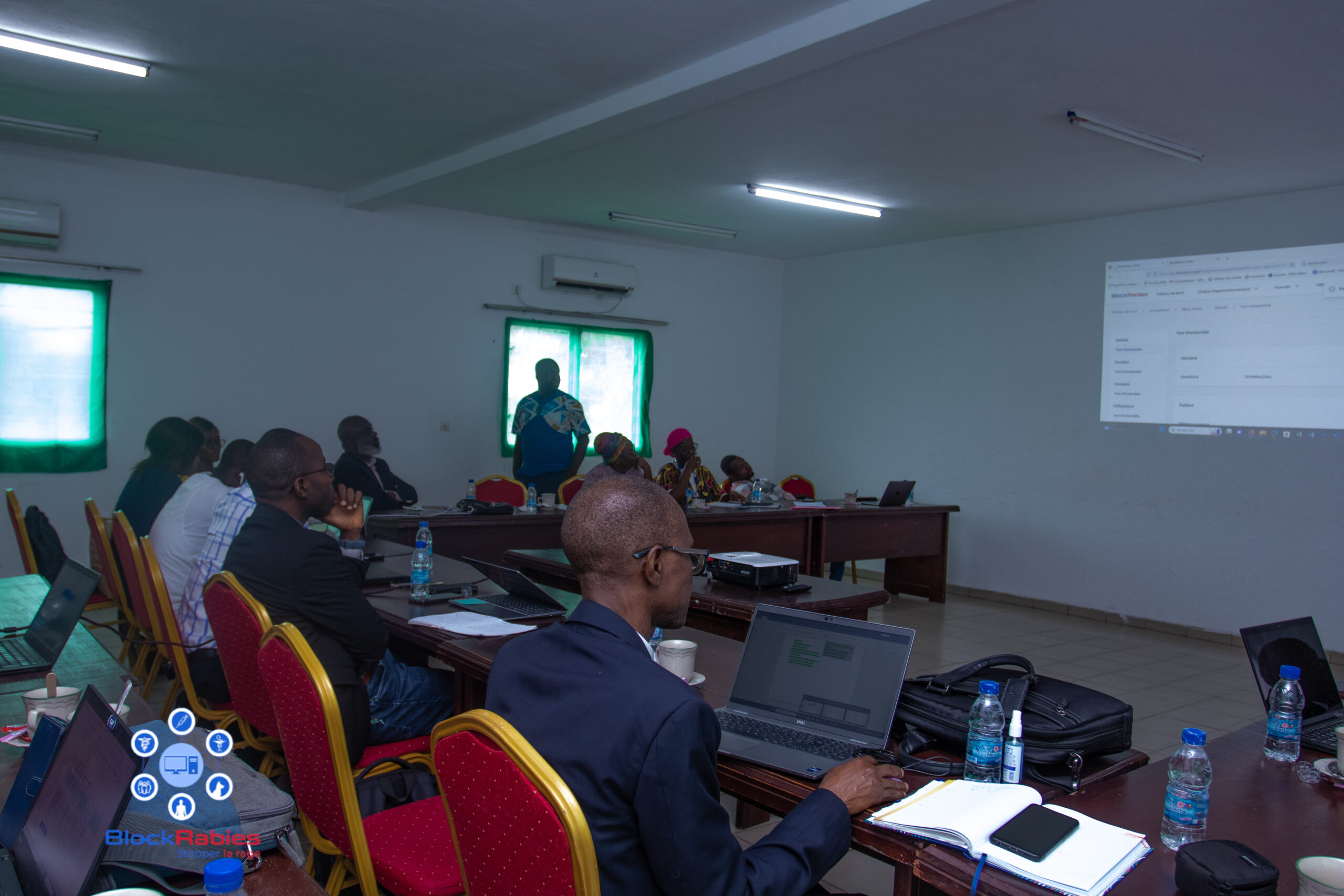The first World Conference of French-speaking Science Journalists (CMJSF, In French), held in Senegal from 10 to 15 October 2022, was an opportunity for science journalists from the North and South to reflect on the challenges and future of science journalism in Africa. “It allowed us to learn from the information crisis linked to Covid-19, to exchange ideas, to talk about our profession, to share good practices, to build collaborations and above all to strengthen our scientific skills for a better coverage of climate issues,” said Kossi Elom Balao, President of the African Science Journalists Network (RJSA, In French).
The experts were reassuring about the future of science journalism in Africa. “Science journalism has a bright future on the continent provided that African science journalists reinvent themselves by going to the places where the audience usually is and on channels that mobilise the audience. Today, we need to be able to address political, cultural or even entertainment issues through science journalism, in entertaining formats. And why not on Tik-Tok?” said Fo-Koffi Djamessi, science journalist and media specialist.
Kossi Elom Balao agrees with that. For him, the Covid-19 pandemic convinced of the importance of science journalism. “It has shown that we need journalists capable of deciphering and analysing scientific news.” However, he believes it is important for newsroom managers to think about integrating specialists in scientific information into their structure, while at the same time establishing links with researchers for rapid access to information.








